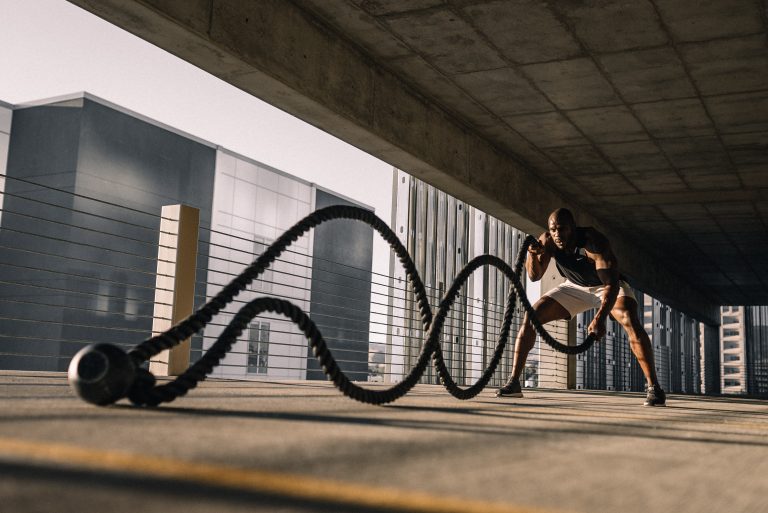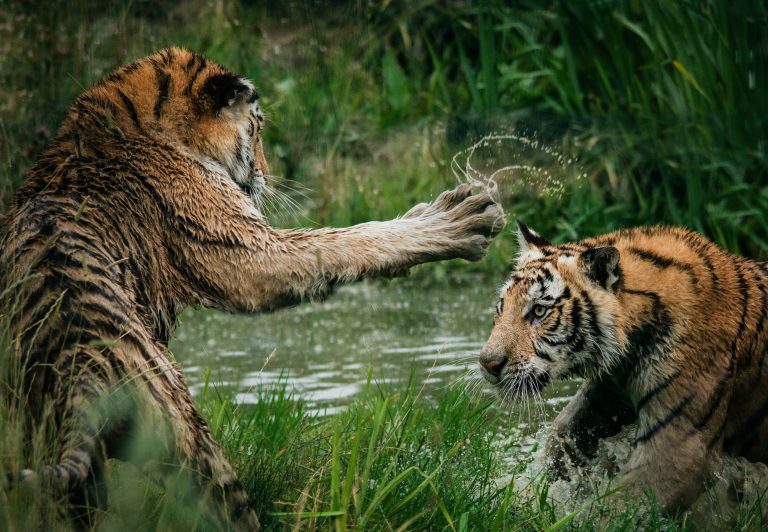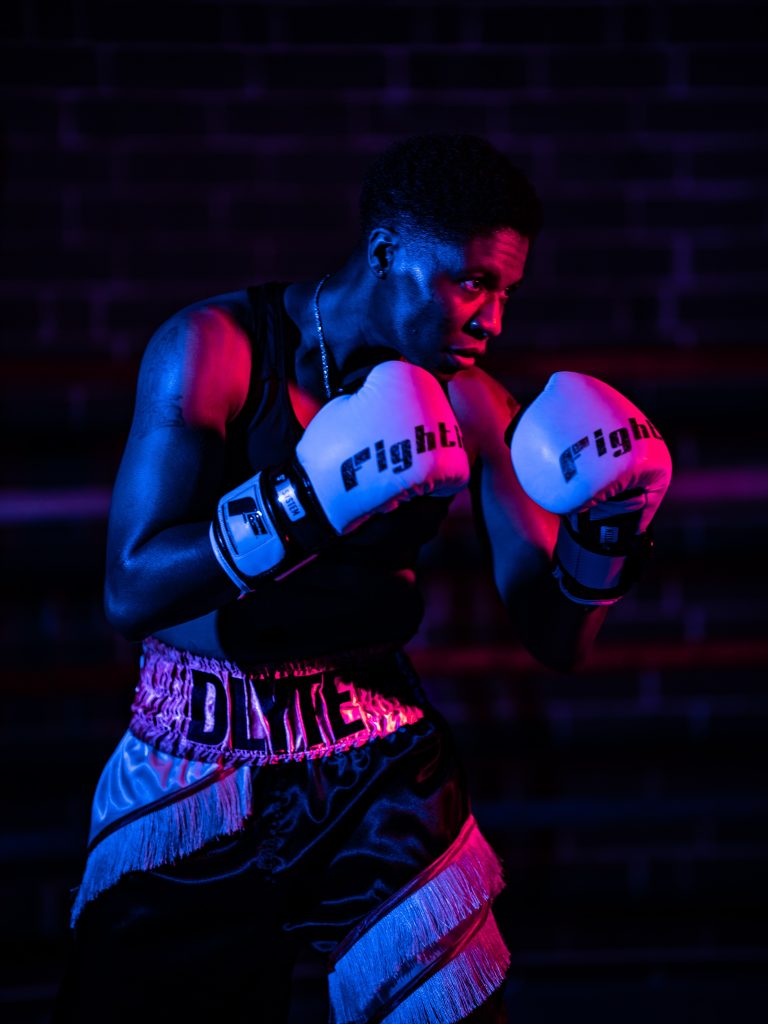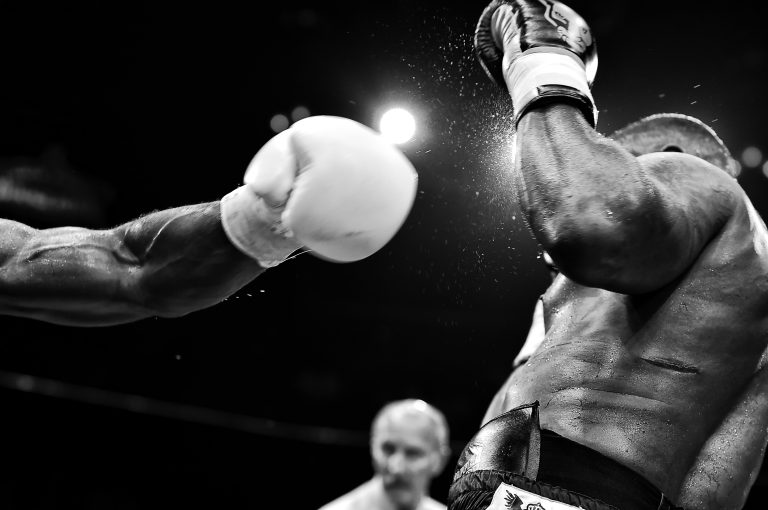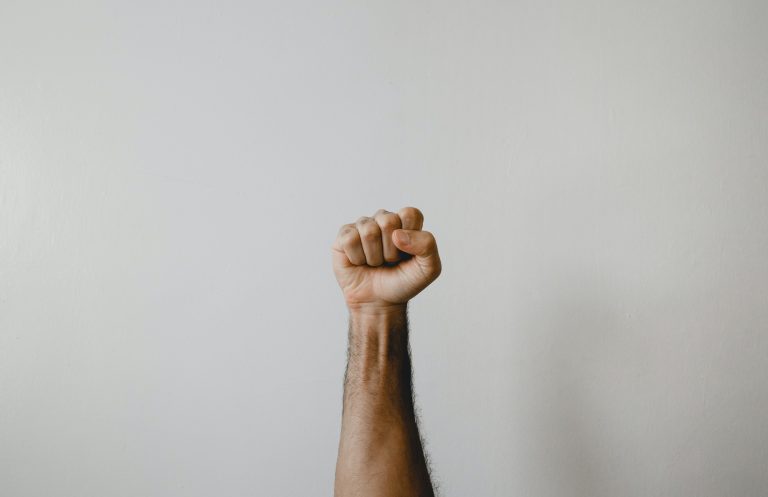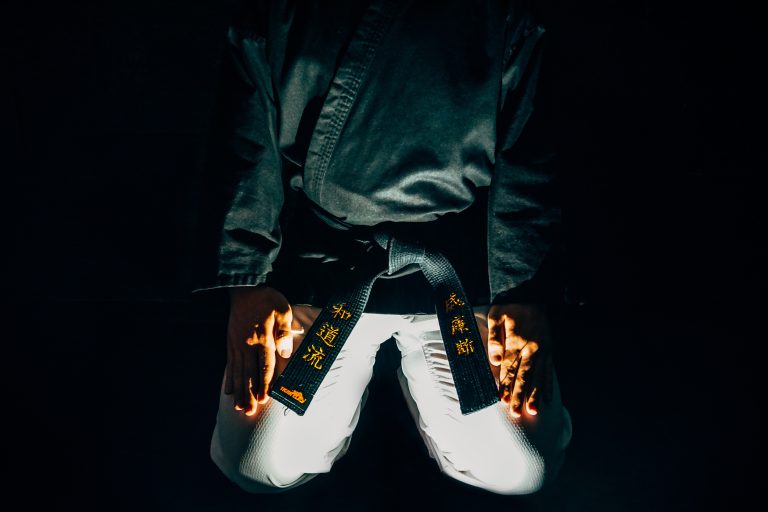Can Karate Contribute to Coping with Aggression?
Karate, a traditional Japanese martial art, is often associated with discipline, respect, and physical agility. However, its impact on emotional regulation and coping with aggression is a topic that has received growing attention in recent years. In this blog post, we will explore the potential benefits of practicing Karate as a tool for coping with aggression.
What is Aggression?
Aggression, broadly defined, refers to behavior that is intended to cause harm, either physical or psychological, to another person. It is a natural human response to various internal and external factors like frustration, anger, and fear.
While some level of aggression is considered normal, excessive or uncontrolled aggression can lead to negative outcomes for both the aggressor and the victim. Hence, coping with aggression is an essential aspect of emotional regulation and well-being.
How Does Karate Help to Cope with Aggression?
Karate, as a form of physical exercise and discipline, can play a significant role in helping individuals cope with aggressive outbursts. Here are a few ways that Karate can help:
Self-Regulation
Karate involves learning and practicing self-regulation, which refers to the ability to manage one’s emotions, thoughts, and behavior. Practicing Karate requires a great deal of focus and concentration, which can help individuals be more mindful of their emotional states and manage them more effectively.
Controlled Physical Expression
Karate provides an outlet for individuals to express their aggression in a controlled manner. Through various forms of physical practice like sparring, kata, and drills, individuals can release pent-up anger, frustration, and stress without harming others. By channeling their aggression into physical exertion, individuals can reduce their stress levels, feel more in control, and improve their mood.
Building Self-Esteem
Karate is also known for its focus on discipline, respect, and self-improvement. As individuals progress through the ranks of Karate, they build a sense of achievement, mastery, and self-esteem. This enhanced self-image and confidence can lead to a reduction in aggressive behavior and an improvement in overall emotional well-being.
Conclusion
In conclusion, Karate can be considered an effective tool for coping with aggression. By promoting self-regulation, controlled physical expression, and building self-esteem, Karate helps individuals manage their emotions and behavior more effectively. However, it is essential to note that Karate alone is not a solution for individuals struggling with severe aggression, and seeking professional help is always recommended.
If you are looking for a way to cope with your aggression or improve your emotional well-being, Karate might be a great option for you. So grab your gi and get started!
Can Karate Contribute to Coping with Aggression?
Karate is a popular form of martial art that originated in Okinawa, Japan. It is a type of sport that involves various forms of movements and techniques aimed at improving body coordination, concentration, and self-defense.
One of the questions that people often ask is whether karate can contribute to coping with aggression. In this article, we will explore the most frequently asked questions about the topic and provide some useful information to help you understand how karate can influence our behavior.
What is Aggression?
Aggression is a behavior that involves the intention to cause harm to others physically or emotionally. It can be expressed in various forms, such as verbal abuse, physical violence, or destructive behavior. Aggression is a major problem in our society, and it can be caused by various factors, such as genetic predisposition, environmental influences, and social conditioning.
How Can Karate Help to Cope with Aggression?
Karate is a form of martial art that emphasizes discipline, respect, and self-control. These values are essential to managing aggression and developing a positive attitude towards oneself and others. Karate provides a platform for individuals to learn how to control their emotions and behaviors through practice and discipline.
Additionally, karate involves physical exercise that improves physical and mental health. Regular exercise has been shown to decrease stress levels, improve mood, and promote overall well-being. Karate is no exception and can help individuals develop a positive outlook on life, which is essential in managing aggression.
Moreover, karate also involves the learning of various techniques that can be used for self-defense. Individuals who learn karate become more aware of their surroundings and develop the confidence to protect themselves when necessary. This sense of empowerment allows individuals to feel more in control, reducing the likelihood of outbursts of aggression.
Does Karate Teach Violence?
Karate does not teach violence. In fact, karate instructors emphasize that karate should only be used in self-defense situations. Karate techniques are designed to subdue attackers without causing permanent physical harm. Individuals who learn karate develop greater self-control, which helps them avoid unnecessary physical confrontations.
In addition, the values of discipline and respect that are taught in karate are meant to cultivate positive character traits that promote peace, rather than violence. Individuals who practice karate are encouraged to treat others with kindness and respect, which further promotes peaceful behavior.
Can Karate Help Children Cope with Aggression?
Karate can be an excellent way for children to learn how to cope with aggression. Children who practice karate develop greater self-esteem and self-confidence. They become more physically fit and mentally resilient, which can help them cope with stress and anxiety.
Moreover, karate can help children learn about self-discipline and control. Children who practice karate learn how to channel their energy in a productive manner rather than acting out in aggression. Karate instructors often emphasize the importance of discipline and respect, teaching children to treat others with kindness and respect.
Final Thoughts
Karate is an excellent way for individuals to cope with aggression. The physical exercise, mental discipline, and self-defense techniques taught in karate can help individuals develop a positive outlook on life and cultivate positive character traits, which are essential in managing aggression.
However, it is essential to emphasize that karate should only be used in self-defense situations, and individuals who practice karate should never seek out physical confrontations. Karate is not about violence, but rather about cultivating a sense of discipline, self-control, and respect for oneself and others.
In conclusion, karate can be an excellent way to cope with aggression, and those who practice it can benefit from its many physical, mental, and spiritual benefits. If you are interested in learning more about karate, we encourage you to find a qualified instructor near you and start your journey towards greater self-discipline, control, and respect.
Inhaltsverzeichnis

